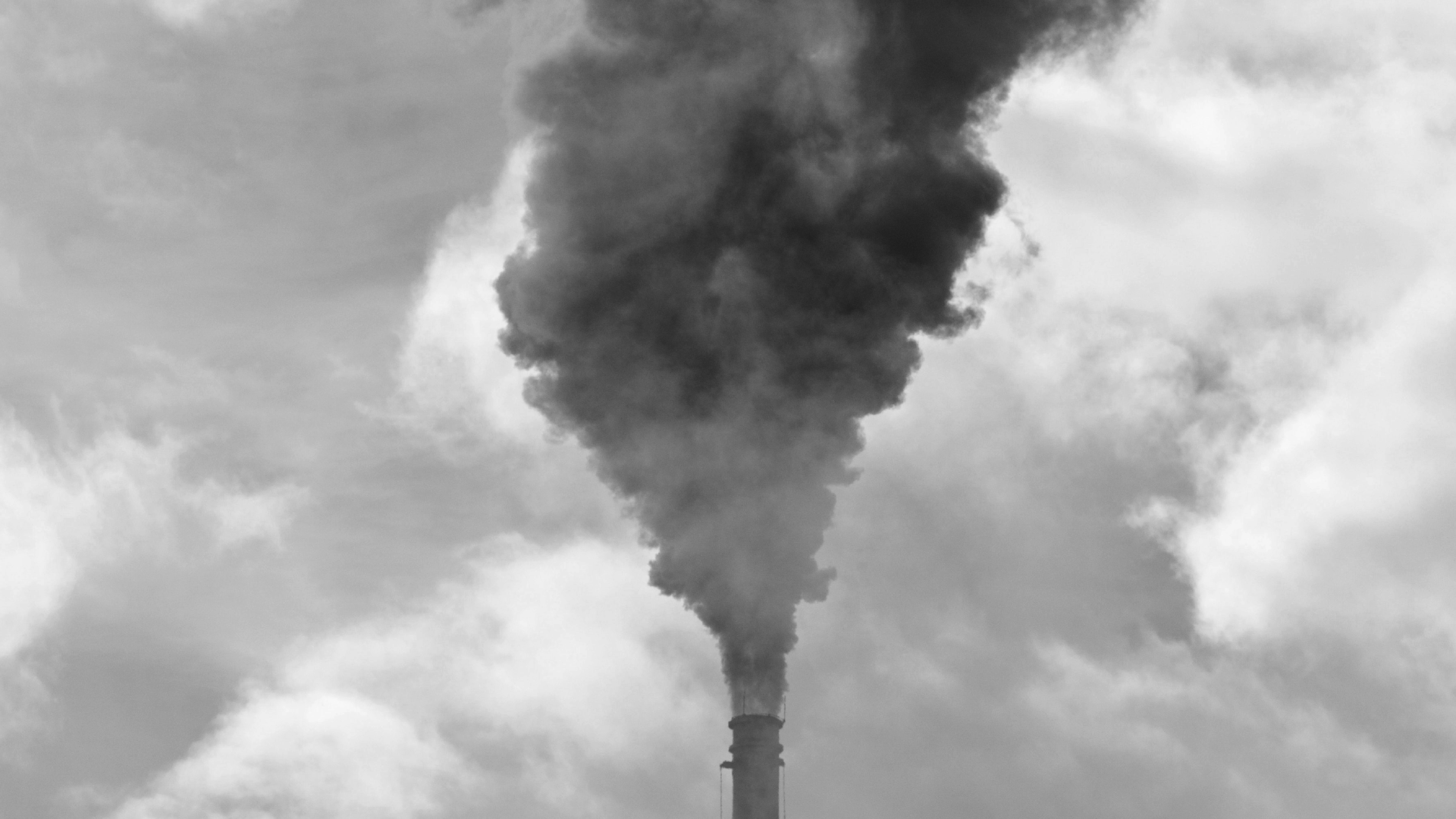Eco-Fear, Future Hope
The perilous state of our natural world is enough to induce anxiety and distress in all but those who refuse to see. From climate change, worsening weather events, water and food shortages, shrinking glaciers and rising sea levels, to disease epidemics and the poisoning of water, soil, air and even ourselves, we have good reason to be anxious about the near future.
Bill McKibben is an author well known for his concern about climate change and other environmental threats. I first met him about 30 years ago in upstate New York. We sat down for a video interview near Bard College, where he was teaching a summer course in journalism. He’d just published The End of Nature, explaining the effect greenhouse gases were having on the atmosphere. When recently asked what we’ve achieved in the intervening years to reduce that impact, he replied, “We’ve pretty much wasted them.”
Three decades later, the effects of climate change have intensified. His new book is titled Falter, suggesting that humanity has begun to play out its own end game.
In 1988, climate scientist James Hansen testified before the US Congress. He was among the first to openly warn about global warming and the so-called greenhouse effect. As he continued his research, Hansen concluded that carbon dioxide in the atmosphere had to be less than 350 parts per million to be safe. Current estimates tell us we’ve already exceeded 400 parts per million. Renowned naturalist Sir David Attenborough gave this warning: “Right now, we’re facing a man-made disaster of global scale—our greatest threat in thousands of years: climate change. If we don’t take action, the collapse of our civilizations and the extinction of much of the natural world is on the horizon.”
All of this creates understandable anxiety about the future. In fact, some psychologists are noticing a rise in the number of people in the US and the UK who are worrying about the impacts of climate change. It’s known as ecoanxiety, defined by the American Psychological Association as “a chronic fear of environmental doom.” According to a BBC report, an increasing number of young people are reporting a troubled mental state as they think about the growing climate crisis and what it will mean for themselves and future generations.
“When big ecological disasters happen around the world, I feel a sense of anxiety; I feel a sense of sadness and get a sense of loss.”
Ecoanxiety is clearly part of a larger concern about the environment. And there’s every reason to be worried. It’s led some to ask why we selfishly persist in foreclosing on the future. Why should the cost and impact of present approaches to the environment be left for future generations to resolve?
There’s something perverse about imposing a destroyed and dangerous world on our own offspring. Why would we do that? Philosopher Roman Krznaric writes, “We treat the future like a distant colonial outpost devoid of people, where we can freely dump ecological degradation, technological risk, nuclear waste and public debt, and that we feel at liberty to plunder as we please.”
Destroying the future of our children is a negation of a fundamental unwritten law of human life on this earth: ensuring the continuity of family and society. It used to be that our children were the future. Now we can’t be so sure.
This kind of existential risk is one of the concerns of Cambridge University’s Martin Rees, cosmologist and Astronomer Royal. In a Vision interview, he noted that politicians are interested primarily in what is in their daily e-mail inbox, and that they’re trapped by short election cycles. This results in what is known as short-termism—thinking only of the present and near-term and failing to focus on long-term problems. Writing about the difficulty of finding policy solutions to today’s existential threats, Rees says, “only an enlightened despot could push through the measures needed to navigate the 21st century safely.”
While many around the world seem in favor of strongmen, believing that they hold the answer to every problem, it’s important to note the word “enlightened” in Rees’s prescription. So far we’ve seen neither democratic governments nor despots deliver the answers we need. In fact, many politicians and most strongmen pursue the very policies that make matters worse. It may prove to be an impossible task to make the great U-turn needed.
Despite creative solutions, including curtailing deforestation and changes in renewable energy and even diet, we may yet fail. Neil Postman said it this way: “People in distress will sometimes prefer a problem that is familiar to a solution that is not.” Inertia and self-delusion could upend all of the hopeful solutions.
But even with that said, should we be overcome by “chronic fear of environmental doom”? Is there reason for hope anywhere else?
The ultimate expression of existential risk is found in a statement made 2,000 years ago. It shows that despite a threat so great that it could destroy all human life, there will be an intervention that guarantees human survival. It says, “There will be great distress, unequaled from the beginning of the world until now—and never to be equaled again. If those days had not been cut short, no one would survive, but for the sake of the elect those days will be shortened” (Matthew 24:21–22).
No one else has been able to make that promise. It’s part of the legacy of Jesus Christ recorded in the Gospel of Matthew. He’s the one who will intervene to prevent human annihilation and bring beneficent rule to human society. He’s described as ruling with ultimate authority that will deliver justice and equity, peace and equality, security and, yes, even environmental renewal. And that is the ultimate solution.
In the meantime, are there things we can do on the individual level to alleviate ecoanxiety? If you’d like to know more, search keyword “change” at vision.org.

